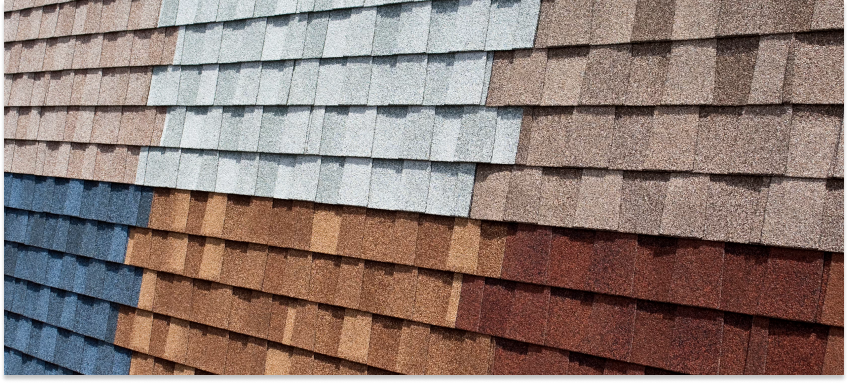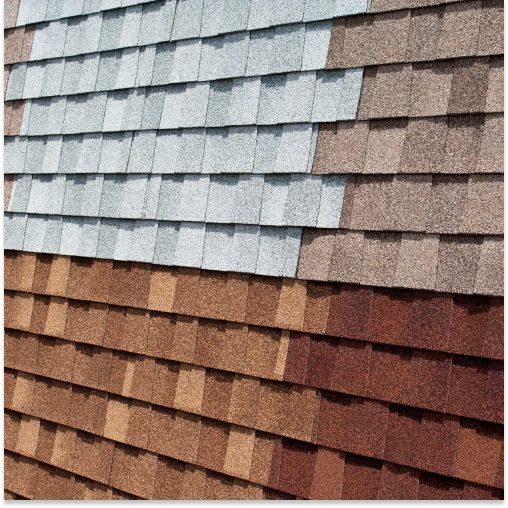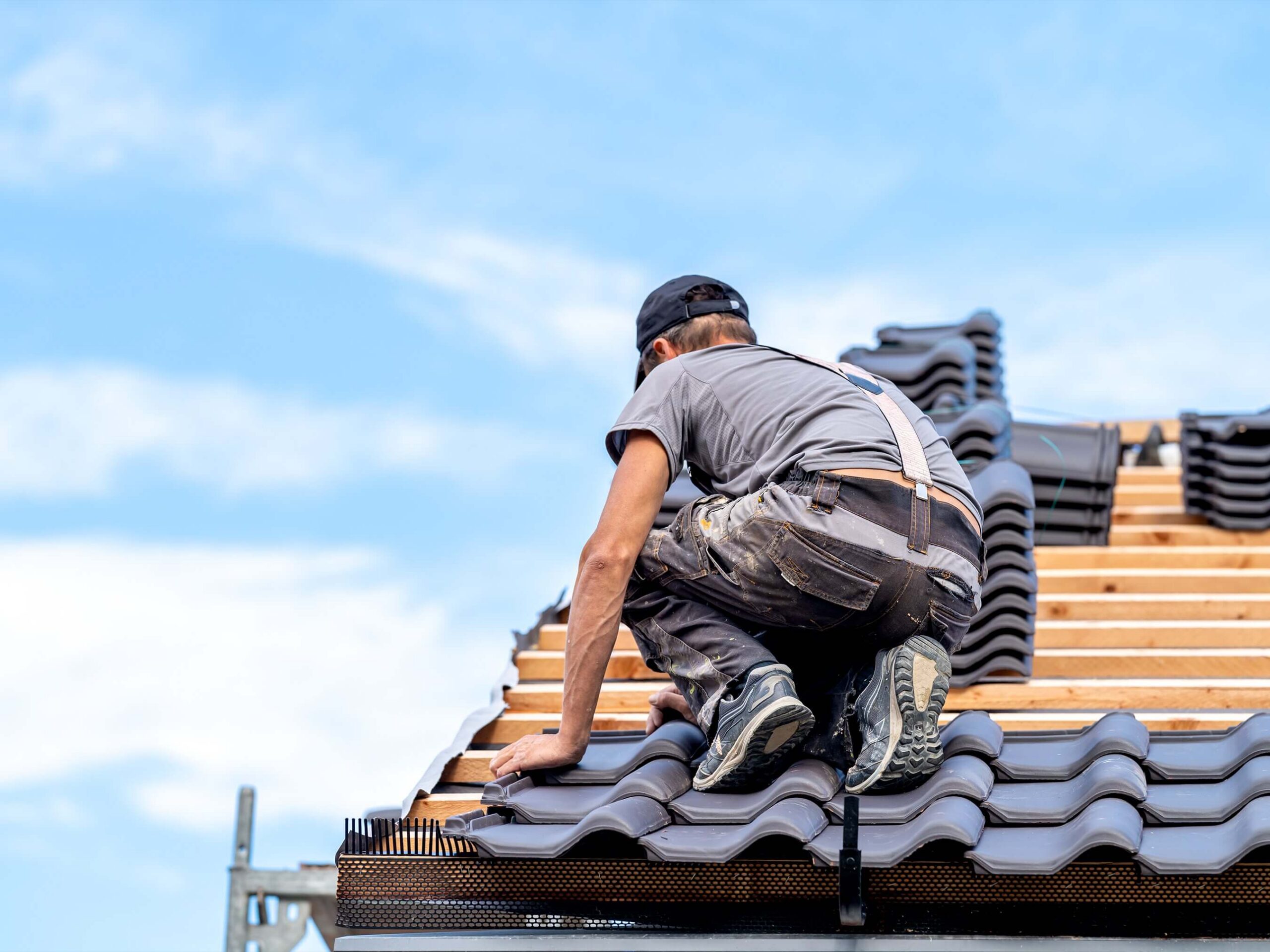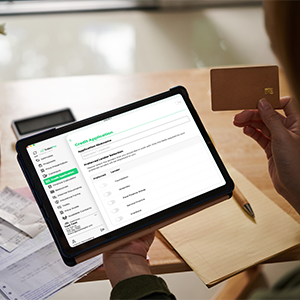As a roofing contractor, efficient, fast, and precise material ordering is critical for completing projects on time and within budget. In fact, streamlining this process saves time and minimizes the risk of errors. Furthermore, it ensures smoother operations from sales to production.
In this guide, you’ll learn how to order roofing materials as we explore the most efficient approaches by roofing contractors across the country. From traditional methods to utilizing software with supplier integrations, some practices work better than others.
Types of Roofing Materials
When undertaking residential roofing projects, contractors need to be well-versed in the various types of roofing materials available. Overall, each type has distinct advantages and is suited to different styles, climates, and budgets.
- Asphalt Shingles: The most common roofing material due to their affordability and ease of installation. They come in a variety of colors and styles, typically lasting 15-30 years and offer good fire resistance.
- Metal Roofing: Gaining popularity for its longevity and environmental benefits. Made from steel, aluminum, or copper, metal roofs can last 40-70 years and are highly resistant to extreme weather conditions. They are also energy efficient, reflecting solar heat to reduce cooling costs.
- Wood Shingles and Shakes: Offer a natural, rustic look that is favored for its aesthetic appeal. Wood shingles are machine-cut and more uniform in appearance, while shakes are hand-split for a more rugged texture. They have a shorter lifespan (20-40 years), but are biodegradable and eco-friendly.
- Clay and Concrete Tiles: These are often seen in Mediterranean and Spanish-style homes. They can last 50 years or more, but they are heavy and may require additional structural support.
- Slate Roofing: A premium option known for its elegant appearance and exceptional longevity, often lasting over 100 years. It’s the most expensive roofing material and requires specialized installation skills.
- Synthetic Roofing Materials: They are lightweight, durable, and typically made from recycled materials. This makes them an eco-friendly choice.
Each type of roofing material has its specific benefits and considerations. However, the choice often depends on the homeowner’s priorities regarding aesthetics, durability, maintenance, and budget. Contractors must be knowledgeable about these materials to provide the best recommendations for their customer’s needs.

Different Methods of Ordering Roofing Materials
There are many ways roofers can order materials. Overall, each method will have an impact on your workflow, scheduling, and customer experience. That’s why it’s essential to understand the different methods available to roofing contractors:
- Manual Ordering: Traditionally, contractors would physically visit suppliers or contact them via phone to place orders. While this method allows for direct communication, it can be time-consuming and prone to errors, such as miscommunications or incorrect quantities.
- Email or Fax Orders: Some contractors still rely on emailing or faxing orders to suppliers. It’s slightly more convenient than manual ordering. However, it still requires manual input and lacks real-time updates or confirmations.
- Phone Orders: Calling suppliers to place orders remains a common practice in the industry. However, it often involves waiting on hold. This can lead to misunderstandings or delays in processing.
- Online Ordering: With the advancement of technology, many suppliers now offer online platforms for ordering materials. This method allows for quicker processing, real-time inventory tracking, and easy reordering of frequently used items.
Many of the industry’s best software solutions provide supplier integrations that give roofers the ability to order materials on the go. Moreover, these solutions provide a great deal of support for your business, such as customer relationship management, workflow automation, and quick estimates and contracts.
The Most Efficient Way to Order Roofing Materials
Among the various methods, leveraging software with supplier integrations emerges as the most efficient approach for ordering roofing materials. Here’s why:
- Streamlined Process: Software platforms streamline the entire ordering process, from browsing products to finalizing purchases, all within a single interface.
- Real-Time Inventory Updates: By integrating with supplier systems, software provides real-time inventory updates, ensuring that contractors have accurate information about product availability and lead times.
- Automatic Reordering: Automatically reorder materials based on predetermined thresholds. This eliminates the need for manual monitoring and ensures that contractors never run out of essential items.
- Order Tracking: Contractors can track the status of their orders in real-time, from the moment they are placed to delivery. This allows for better project planning and coordination.
With Leap CRM, you can order your materials faster than ever before. And Leap provides integrations with the nation’s leading suppliers, such as Beacon and SRS Roof Hub! Now you can access better features and benefits directly within Leap CRM.
How to Order Roofing Materials in Leap CRM
Integrations within Leap CRM make it possible to make precise material orders with ease. And as a result, contractors are widening their profit margins with a repeatable job costing process. For example, here’s how it works:
- Integration Setup: Contractors can sign into their supplier account directly within Leap CRM.
- Browsing Products: Browse an extensive catalog of roofing materials, including shingles, underlayment, flashing, and accessories.
- Accurate Invoices, Proposals, and Work Orders: Never over or underbid a project with pricing information pulled directly from the supplier.
- Materials Lists: Generate a materials list from an accepted proposal in Leap.
- Easy Ordering: Once the desired items are selected, contractors can place orders with a few easy clicks. This eliminates the need for manual data entry or phone calls.
- Order Tracking and Management: Track the status of orders directly within the software, from processing to delivery. This visibility allows for better project planning and coordination.
Supplier integrations also go beyond ordering materials. In fact, you can import templates as macros in Leap CRM. This helps to simplify the estimate creation process for your team.
In addition, you have access to up-to-date materials and pricing to eliminate inaccuracies that are costing your business. It’s the best way to make sure you have the right materials, at the right price, on time and on schedule.
So now that you know how to order roofing materials accurately, it’s important to make sure you have the right tools to get the job done efficiently. And it all starts with your systems and processes. To learn more about Leap CRM, fill out the form below and schedule a quick demo with one of our experts.




